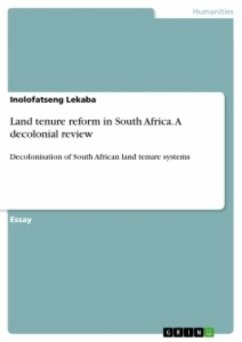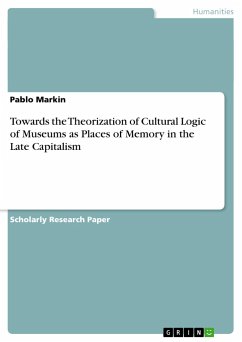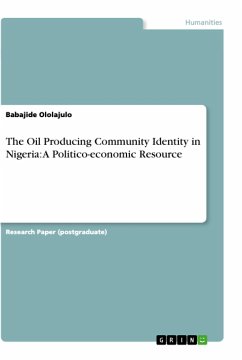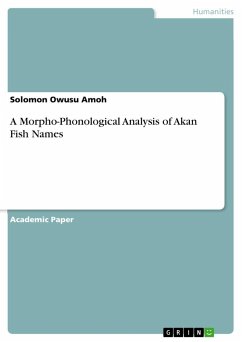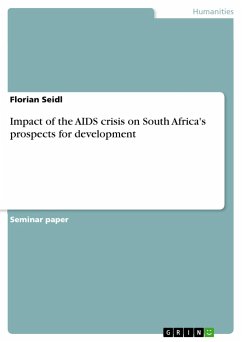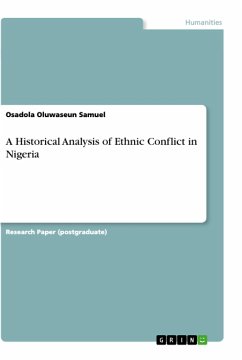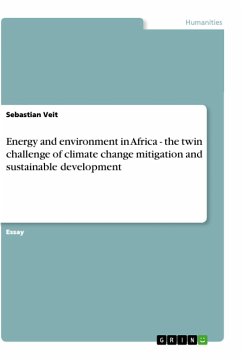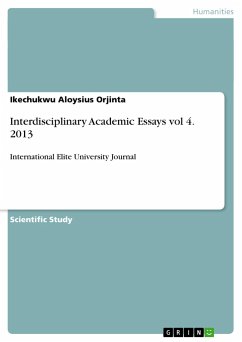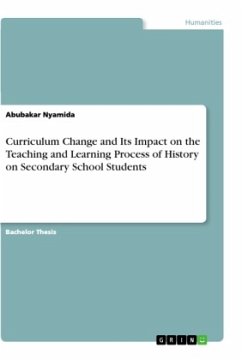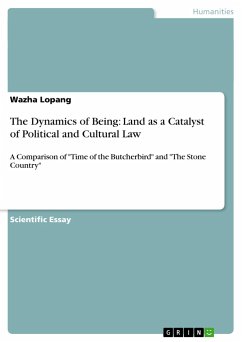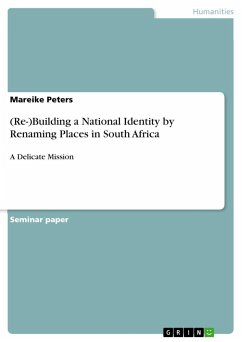
(Re-)Building a National Identity by Renaming Places in South Africa
A Delicate Mission

PAYBACK Punkte
0 °P sammeln!
Seminar paper from the year 2016 in the subject African Studies - Miscellaneous, grade: 1,3, Otto-von-Guericke-University Magdeburg (Institute of Philology), course: Names as Potential Source of Conflict, language: English, abstract: Identity is one of the basic needs of a human being, a community and even a nation. It defines who we are. Identity is formed through different aspects, such as history, culture, religion or language. During the apartheid rule in South Africa, the white minority devalued the identity of the black majority population by declaring every non-white citizen a second or...
Seminar paper from the year 2016 in the subject African Studies - Miscellaneous, grade: 1,3, Otto-von-Guericke-University Magdeburg (Institute of Philology), course: Names as Potential Source of Conflict, language: English, abstract: Identity is one of the basic needs of a human being, a community and even a nation. It defines who we are. Identity is formed through different aspects, such as history, culture, religion or language. During the apartheid rule in South Africa, the white minority devalued the identity of the black majority population by declaring every non-white citizen a second or third class human being. After the fall of the apartheid regime in 1994, the concept of separating different ethnic groups was diminished. The "Rainbow Nation" as a synonym for a peaceful and multi-cultural society emerged. Currently, South Africa tries to construct a common post-apartheid identity, which focuses on unity rather than segregation. Place names are an important element in thebuilding of an identity, because they give a sense of belonging to the inhabitants. In South Africa, many place names reflect the apartheid history and are seen as a symbol of segregation (further details in chapter 4). In 1998, the government passed the South African Geographical Names Council Act, which was the starting point of the renaming process. This paper will examine the renaming process in the post-apartheid South Africa. It will focus on the importance of geographical names for the identity building. Due to the different ethnic groups living in the country, South Africa proves to be a good example of the struggle of uniting different cultures and heritages, which still plays an important role. This paper will discuss if the change of place names contributes to the formation of an all-encompassing South African identity.




